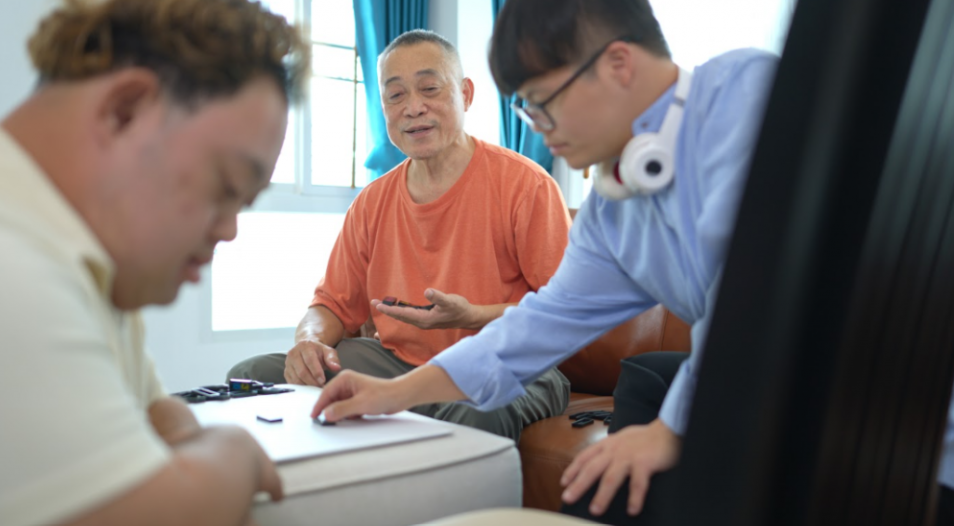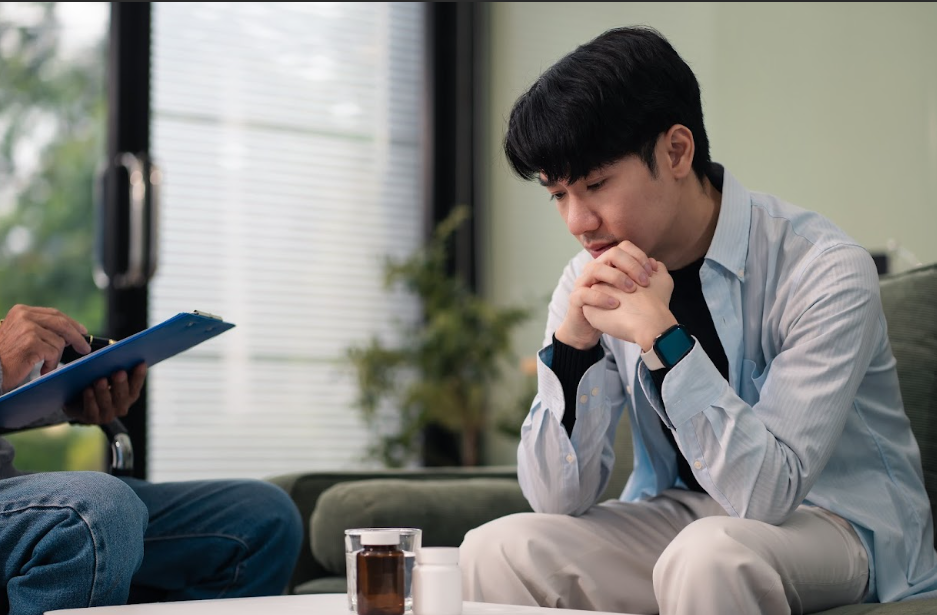Introduction
Community mental health services in Singapore are crucial in supporting individuals with mental health challenges. Recovering patients can, in many cases, continue their daily lives when receiving care in the community. This leads to a better balance of overall well-being, inclusion, and care accessibility. Community mental health Singapore activities have become a very important part of the medical care system in the country. With the prevalence of mental health disorders affecting the population of all ages, the issues have become very urgent.
Early Detection and Preventive Programs

The beginning of the recognition of the scene is a key pillar in facilitating the whole sphere of mental health support. Community mental health Singapore measures typically involve school, workplace, and local clinic screening programs to find people who are potentially exposed to mental health problems and discover them at an early stage. In the early stage of the disease, conditions like anxiety, depression, or stress-related disorders may be controlled. The preventive side of the problem could engage the participation of the families in workshops, training for stress management, and education sessions. Hence, early treatment equips people to take better control of their worries, long-term problems are minimized, and the road to fast mental health recovery in a safe and supportive atmosphere is made possible.
Key Community Mental Health Services in Singapore
| Service / Program | Key Action | Benefit | Example / Application |
| Early Detection & Prevention | Screening in schools/clinics, conducting workshops | Identify issues at the very start, lessening future long-term distress | School health checks, stress management sessions |
| Counseling & Therapy | Provision of individual, group, and family therapy | Understanding problems, setting recovery goals with the help of therapy | CBT sessions, mindfulness classes |
| Peer & Community Support | Interaction with trained peers, organizing social events | Increases connection with others, thereby building inner strength and endurance | Support groups, volunteering opportunities |
| Rehabilitation & Family Education | Instruction on daily living, life skills, and caregiver support | Providing patients with the necessary tools, thus enhancing the support from the family | Vocational programs, caregiver training workshops |
Counseling and Therapy Services
Professional counseling and therapy are the major constituents of mental health recovery in Singapore. According to this, they offer the service of personal care, individual counseling, group therapy, and family sessions, which are adjusted to the client’s peculiarities. The experts help the patients to figure out what they suffer from, come up with ways to face it, and set attainable recovery goals. One of the most popular methods used for this is behavioral therapy (CBT), mindfulness, and stress reduction, among others. Community-based counseling is the mainstay of accessibility and affordability, so that people can continue receiving support without having to travel far from home.
Peer Support and Community Engagement
- Peer support programs are among the most successful in community mental health in Singapore.
- Link individuals with trained peer supporters who guide, support, and suggest practical ways to cope.
- Helps alleviate feelings of solitude and provides hope, showing that recovery is attainable.
- Opportunities include support groups, social events, and volunteering, improving social connectedness.
- Enables rebuilding confidence, sharing experiences, and strengthening resilience for better mental health.
Rehabilitation and Vocational Programs

Rehabilitation and vocational programs are instrumental in helping a person who has forgotten their sense of self and social life, but also, they also have the power to make the clients mentally healthy. Such programs as the community mental health Singapore provide the necessary skills, education, and jobs needed to occupy the people’s minds and lives. This would be done through helping the people take care of their daily routine, build the habit of participating in community life, and, as a result, get more utilization of leisure time. That way, through interacting with their practical daily needs and their mental health recovery, the people will be empowered to live a happy and productive life. Moreover, structured rehabilitation programs can also postpone the relapse period when they equip patients with the needed confidence, support, and other resources to help them maintain their mental stability.
Family Support and Caregiver Education
Family support is an essential component in the recovery of the individual in the mental health field, according to the community programs. These community programs offer education and guidance for the caregivers, equipping them with the knowledge of how to efficiently support their loved ones. Families learn about the symptoms, treatments, coping mechanisms, and communication skills that lead to empathy and fewer disagreements. Community mental health services empower caregivers, thereby enhancing the overall support system around individuals, thus increasing the chances of recovery. The support of families also plays a vital role in stigma reduction, the establishment of a caring home atmosphere, and the promotion of participation in therapeutic and rehabilitation programs, thereby making health recovery a collaborative and sustainable process.
Accessibility and Outreach Initiatives

For community mental health Singapore programs, accessibility is essential. The services are designed to accommodate people living in the nearby areas, those in community centers, and even those who might be far away and are trying to get help through the internet. Outreach programs also involve going to the people who are in the most precarious situations. The means used to reach out to people include campaigns for public awareness, where communities are educated about mental health. To an extent, stigma is reduced and early help is encouraged. By these efforts, it is ensured that health conditions are a matter of inclusion and equity and that they have the support of the wider community.
Conclusion
Community mental health services in Singapore are a good wrap-up of the saying that accessing and supporting are equal partners in the fight against mental disorders. These programs achieve the goal of having a much-structured path towards mental health recovery in Singapore by means of early diagnosis, counseling, peer support, rehabilitation, family education, and outreach initiatives. When clients are part of the community, a mental health Singapore planner connects them to professional guidance and community networks. They are empowered to regain their independence, develop coping skills, and participate in society fully. Besides, accessing and using resources like these is one of the ways to ensure that the population becomes healthier. Thus, the general well-being of Singaporean communities is improved.
 Tasselline | Latest Articles By Singaporeans, for Singaporeans Article Site for Singaporeans
Tasselline | Latest Articles By Singaporeans, for Singaporeans Article Site for Singaporeans